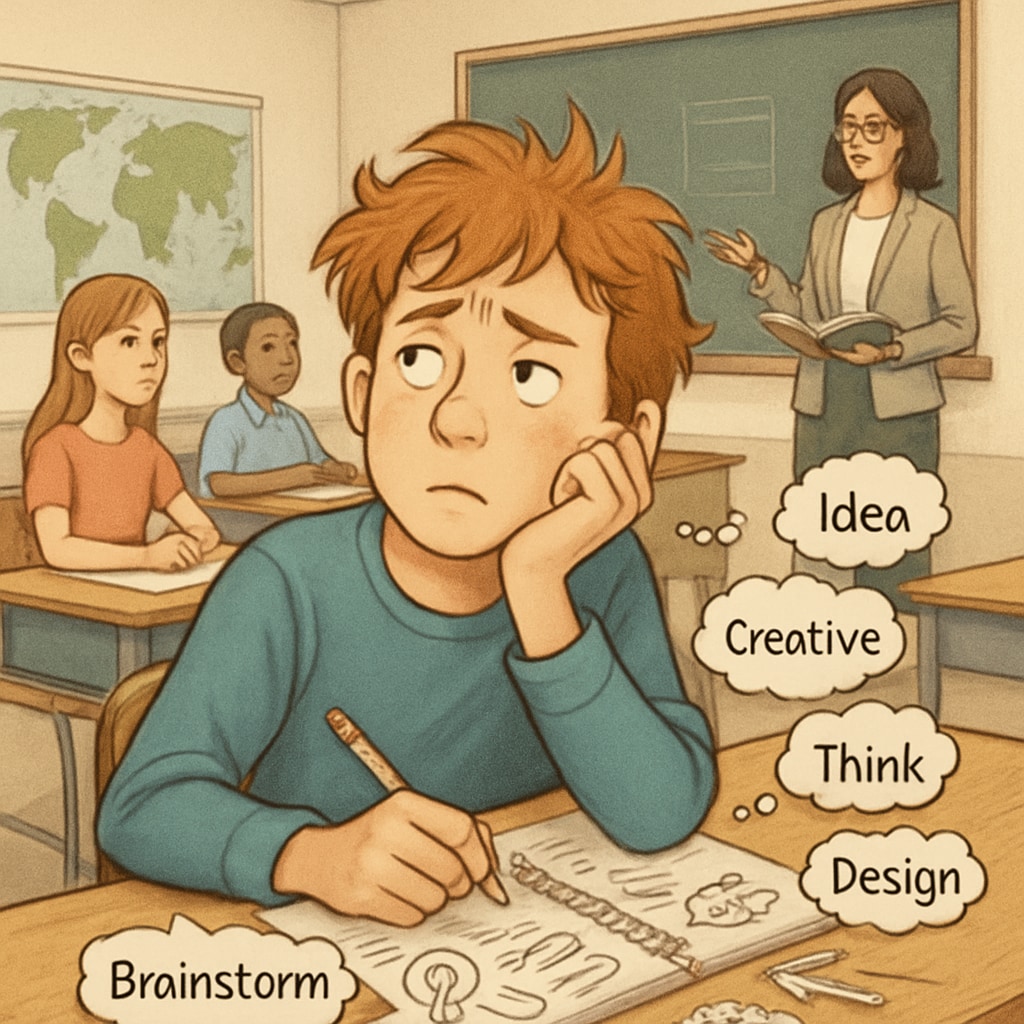For decades, gifted programs have aimed to identify and nurture exceptional student talent. However, the intersection of gifted programs, ADHD, and standardized tests has revealed significant gaps in their selection systems. These gaps risk overlooking high-potential students who may not fit conventional molds of achievement. A real-life example of a high-achieving student with ADHD excluded from a gifted program underscores the urgency for more inclusive and holistic identification systems.
The Limitations of Standardized Testing in Identifying Talent
Standardized tests have long been the cornerstone of gifted program selection. These assessments measure cognitive ability, academic achievement, and problem-solving skills. However, for students with ADHD (Attention Deficit Hyperactivity Disorder), these tests can present a significant challenge. While some students with ADHD excel in creative thinking and out-of-the-box problem-solving, they may struggle with focus, time management, or test-taking strategies—skills often prioritized in standardized exams.
For example, a student named Alex (a pseudonym) demonstrated extraordinary creativity and problem-solving abilities in class. Teachers noted his ability to think critically, offering innovative solutions to complex problems. However, his ADHD symptoms caused him to struggle with staying focused during the timed, high-pressure environment of standardized testing. Despite his classroom brilliance, Alex’s scores fell just short of the cutoff for his school’s gifted program.

This example illustrates a critical flaw: standardized tests often fail to capture the broader spectrum of intelligence and potential. They disproportionately favor students who thrive in structured, traditional learning environments, inadvertently sidelining those whose strengths lie in creativity, resilience, and unconventional thinking.
ADHD: A Double-Edged Sword in Talent Development
ADHD is often perceived as a barrier to academic success, but this perception overlooks the unique strengths associated with the condition. Many individuals with ADHD exhibit heightened creativity, boundless energy, and a natural inclination toward risk-taking—qualities that are invaluable in entrepreneurship, innovation, and leadership. In fact, research has shown that individuals with ADHD are disproportionately represented among highly successful entrepreneurs and inventors (Britannica on ADHD).
However, these strengths often go unrecognized in traditional academic settings. Gifted programs that rely heavily on rigid selection criteria may fail to appreciate the potential of students who think and learn differently. Alex’s case is a prime example: while his ADHD made it difficult for him to meet conventional benchmarks, it also fueled his creative thinking and problem-solving abilities. Unfortunately, these qualities were overlooked due to the program’s narrow focus on test scores.

The Call for Inclusive Talent Identification
To ensure that no high-potential student is left behind, gifted programs must adopt more inclusive and comprehensive identification methods. Here are some strategies to consider:
- Multiple Criteria for Selection: In addition to standardized tests, programs should consider teacher recommendations, student portfolios, and observational assessments.
- Universal Screening: Instead of relying on parent or teacher referrals, schools should implement universal screening to identify overlooked students from diverse backgrounds.
- Focus on Strength-Based Assessments: Evaluate students for creativity, leadership potential, and problem-solving skills, rather than solely focusing on academic performance.
- Training for Educators: Teachers and administrators should receive training to recognize and support the unique strengths of students with ADHD and other neurodiverse conditions.
By broadening the criteria for gifted program admission, schools can create pathways for students like Alex to thrive. These changes would not only benefit students with ADHD but also enrich gifted programs with diverse perspectives and talents.
Conclusion: Unlocking Every Student’s Potential
The intersection of gifted programs, ADHD, and standardized tests highlights the need for a paradigm shift in how we identify and nurture talent. Alex’s story serves as a reminder that potential comes in many forms—and that traditional metrics often fail to capture the full spectrum of human ability.
As education systems strive to be more inclusive, adopting holistic identification methods is a critical step toward ensuring that every student has the opportunity to excel. By recognizing and valuing the unique strengths of students with ADHD, we can unlock a wealth of untapped potential for the benefit of individuals and society as a whole.
For further reading: Learn more about Gifted Education on Wikipedia and Gifted Child Education on Britannica.


